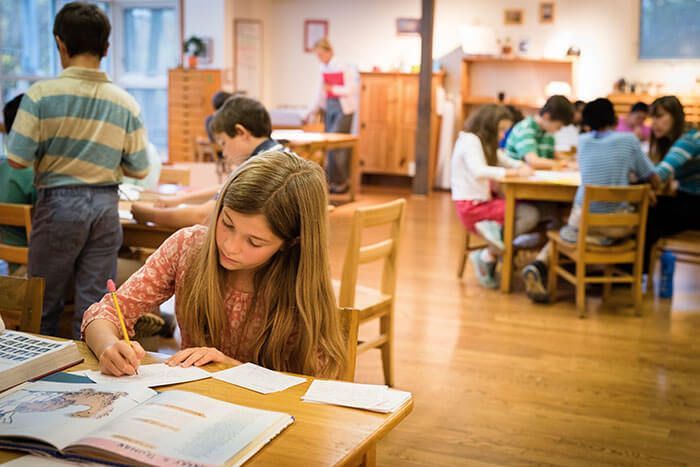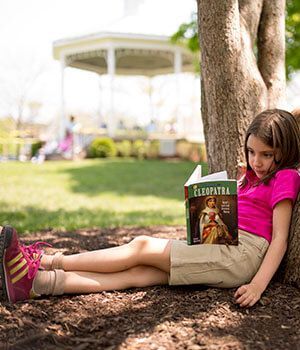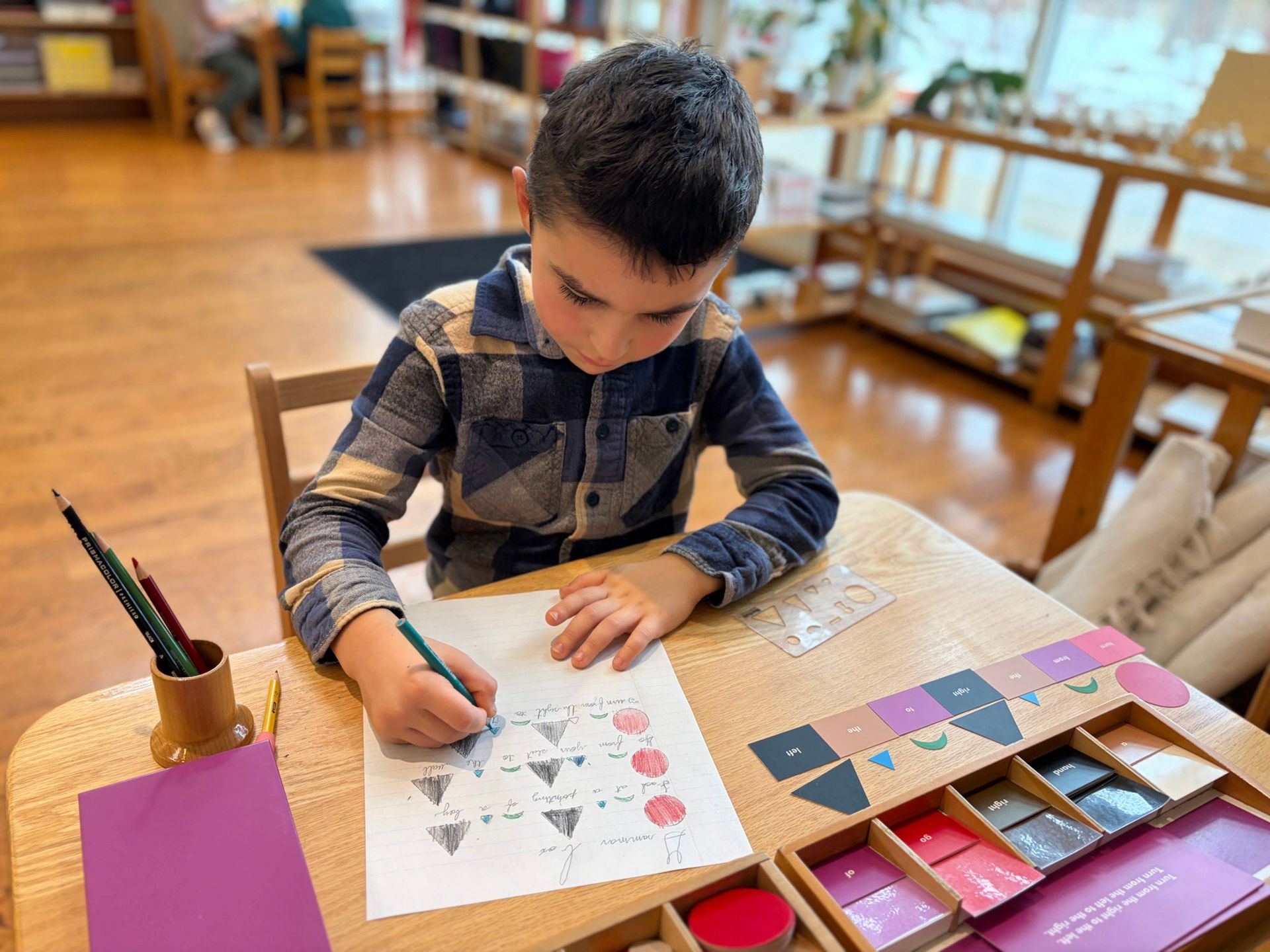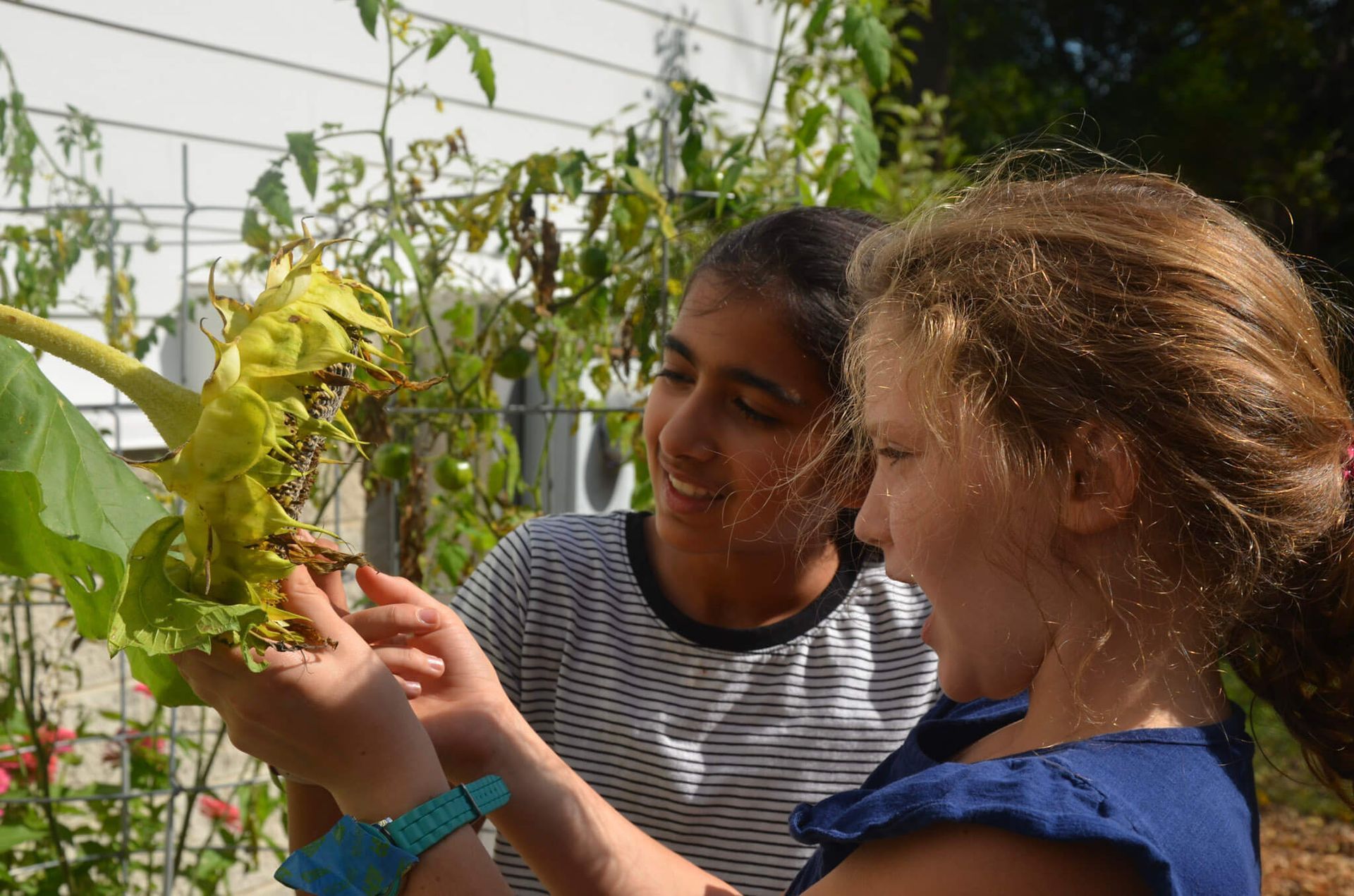
Learning Emotional Balance Through Montessori: How We Steel Our Children Against the “Superkid” Perils
When I read the New York Times Article in July, 2015 by Frank Bruni, “Today’s Exhausted Superkids,” and “The Silicon Valley Suicides: Why Are So Many Kids Killing Themselves in Palo Alto?” by Hanna Rosin in The Atlantic in December, 2015, I was deeply saddened that more parents don’t know about the benefits of taking a Montessori approach to learning emotional balance at school and at home.
You may have read these or other articles about teens struggling to balance themselves when pushed to excel. Too many have tried to escape what feels like suffocating pressure from their parents and high-achieving communities with drugs and even suicide. Although the issues in each case are complicated, such articles remind us to keep what is most important in the forefront of our minds as parents. At Forest Bluff School, we continually find wise guidance in the Montessori approach to learning emotional balance, which emphasizes healthy self-governance in action as well as thought.
What I see in the described stories are problems that stem from adults—perhaps unconsciously—trying to run young people’s lives for them. In contrast, our students at Forest Bluff learn from an early age that they are in charge of themselves. While making numerous choices throughout the day and deciding what work they are going to do next, our children learn to take their feelings and energy level into account. For instance, when a student has been working hard on editing his research paper for an hour with his teacher and practicing presenting it for another hour with classmates, he will usually choose to spend some time drawing the cover while in easy conversation with a friend or by himself in a reflective manner near a window. Because the teacher does not interfere with such decisions, healthy personal habits develop.

I see this kind of ebb and flow of effortful versus restful activity all day long in our Montessori classrooms, where children are learning emotional balance by choosing what they are going to work on, when, and where. Adults rarely have to intervene to inspire a child to challenge himself, or, conversely, to encourage him to take a break because he has passed the point of being productive; children follow their intuition to balance themselves in this Montessori environment. This gives them practice for life, and sets them up to recognize that when the pressure mounts, they can respond by doing something to get back into balance. They also realize that pressure comes from within, as it should. This is their internal conversation. You are more likely to hear a Montessori child say, “I am going to finish my snake report today,” than, “My teacher says I have to…” or “My parents say I have to….”
Learning Emotional Balance at Home
The most important thing we can do as parents is to mirror this healthy approach to self-governance at home: encourage your children to make their own choices, hold them accountable when those choices lead to consequences, and model making healthy choices. When you work hard but then get to bed early; are physically active during the day; take some down time to read and reflect; and eat healthy, well-proportioned meals, you demonstrate some necessities for leading a productive and fulfilling life.
Learning emotional balance, working hard, and doing their best is something that children and adults want to do. Dr. Montessori saw this as a natural inner drive which we must nurture. External pressures, which can be destructive, are actually unnecessary.
So, each time you take a moment to have a cup of tea, sit down with a book, or retreat for a brief nap, realize that you are showing your children some healthy ways you balance your life so that you can give back to the world in a meaningful way. And when you see your Forest Bluff children do the same, rejoice that they are learning emotional balance and getting good practice for their futures. The life skill of balancing oneself is priceless.


